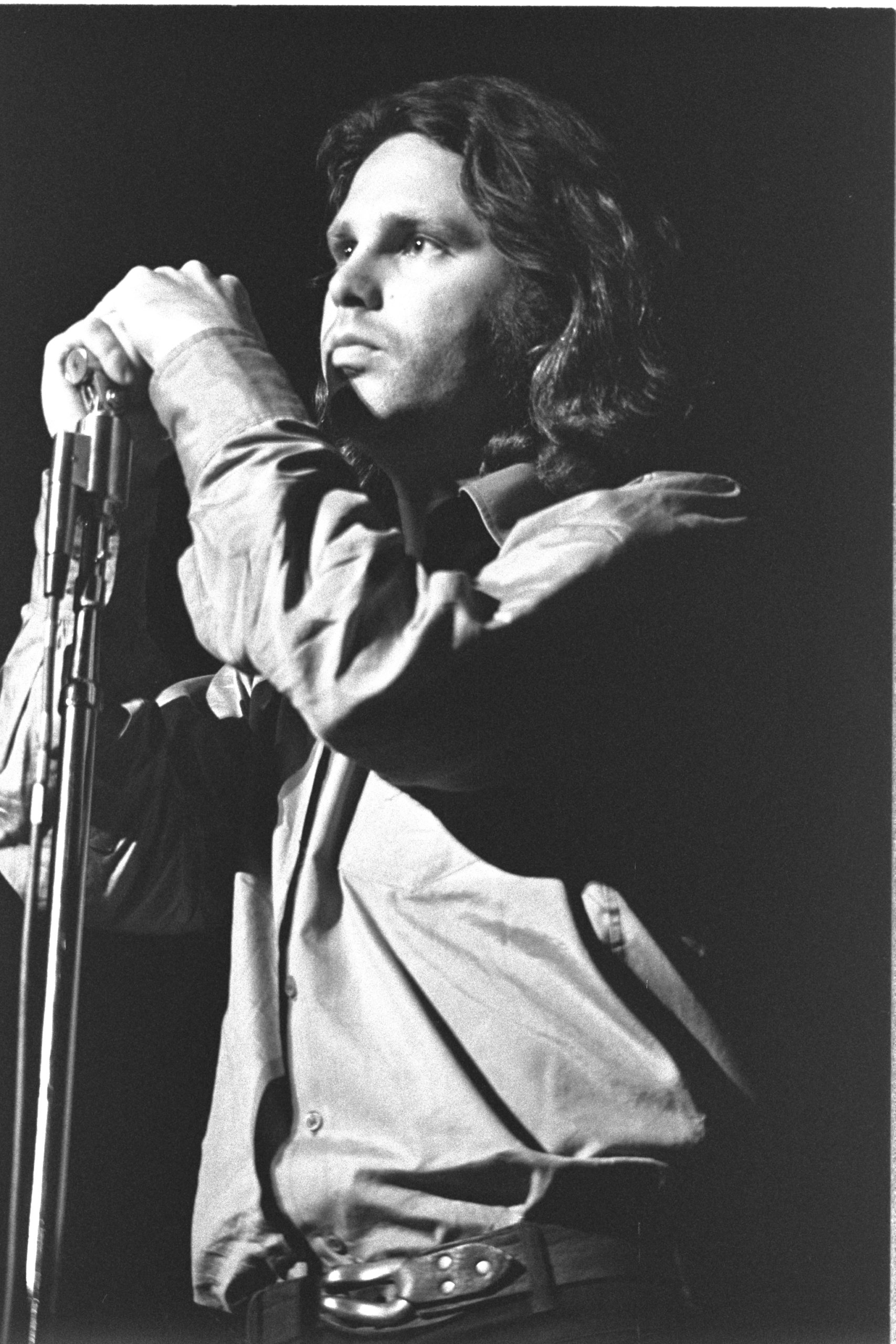Published in ROLLING STONE
By Ben Fing
Do you still consider yourself the “Lizard King?”
That was two years ago, and even then it was kind of ironic. I meant it ironically…half tongue-in-cheek. It was an easy thing to pick up on. I just thought everyone knew it was ironic, but apparently they thought I was mad.
Do you think you’d be classified among the people who signify what some people insist is the “death of rock?”
Well, I was saying rock is dead years ago. What rock means to me is—for example, in one period of 20 or 30 years ago, jazz was the kind of music people went to, and large crowds danced to , rock and roll replaced that, and then another generation came along they called it rock. The new generation of kids will come along in a few years, swarm together and have a new name for it. It’ll be the kind of music that people like to go out and get it on to.
But back 20, 30 years ago the music didn’t become a symbol of a whole new culture or subculture.
But you know, each generation wants new symbols, new people, new names—they want to divorce themselves from the preceding generation; they won’t call it rock…Don’t you see a cyclical thing every five or ten years, when everyone comes together and swarms and breaks apart…When you think of rock it’s not mind music. I mean, if you couldn’t understand the words, there’d still be everything there to react to.
How about Miami? Will that whole thing effect whether you’ll play any more concerts?
I think that was the culmination, in a way, of our mass performing career. Subconsciously, I think I was trying to get across in that concert—I was trying to reduce it to absurdity, and it worked too well.
When did it stop getting to be fun?
I think there’s a certain moment when you’re right in time with your audience and then you both grow out of it and you both have to realize it; it’s not that you’ve outgrown your audience; it has to go on to something else.
What was your main interest in the Miami case, from your person liberty?
You know, I was hoping—or I though there might be a possibility of it becoming a major, ground-breaking kind of case, but it didn’t turn out that way. It might have been one of the reason why they dragged it out so long in order not to let enough momentum or sentiment build up in a short time, or a lot of attention focus on it. So it actually received very little national attention. But in a way I was kind of relieved, because **(article is cut off)**
I thought it might become just a basic American issue involving freedom of speech and the right of anyone with a personal viewpoint to state their ideas in public and receive a hearing without legal pressure being put on them. In fact my lawyer made a speech part way through the trial in which he traced the origin of freedom of speech which goes side by side with origin of drama, actually. The right of the dramatist or artist to state his views. It was a brilliant summary of that historical process, but it didn’t have any effect on the outcome at all. The first amendment provides supposedly for the freedom of expression. There’s a clause which states that any dramatic or public artistic performance comes under this amendment.
Basically the prosecution refused to listen to any testimony which would come under that clause. They were prosecuting totally on a criminal case. My defense counsel was prepared to put the whole case on the fact that even if this alleged event did occur it did not violate contemporary community standards, and they were going to take the jury to se Woodstock, a lot of other films—and during the trial the production company of Hair opened up in Miami, and they had obscenity and full nudity on stage in it, and there were not restrictions on it as to the age of the audience—they let anybody in – but the judge anticipated that, and he threw out the proceedings.

